I hate death. I absolutely despise it. Of course, everyone should, especially Christians. Death is not natural, though it may appear so. Death came into the world as a result of the fall of man in Genesis 3. Adam ate the fruit, and the rest was history. “Therefore, just as sin came into the world through one man, and death through sin,” Romans 5:12 states, “and so death spread to all men because all sinned” (ESV).
Even though death is now an inevitable part of life—10 out of 10 people die unless Jesus returns—that doesn’t mean it’s also been part of the natural order. If Adam and Eve had obeyed, sin wouldn’t be causing all this corruption and decay, including the grim reality of death.
In the past month, I’ve been more acquainted with the reality of death. Not personally, of course. By God’s grace, my family is in wonderful health (relatively speaking) and I have not experienced the death of someone close to me in quite some time. But I have looked on from afar regarding the death of three people who were taken from this earth too soon.
Part of sin bringing destruction into the world means people die in all kinds of ways. Cancer, natural disasters, or infants being stillborn. Yes, indeed, it’s quite uncomfortable to talk about because death is so horrific. Immensely devastating, terrifyingly painful. But, as you’ll see here, I would contend that we should ponder death frequently. We should be open and honest about death. It is, in the truest, biblical sense, all coming for us — why ignore it like it’s not there? Why beat around the bush as if we all don’t have to reckon with it? Why play dumb when, sooner or later, death will come directly for us?
We should ponder death for two important reasons. One, pondering death helps us remember our mortality. Two, pondering death sets our minds on the afterlife and causes us to answer questions that we’ve ignored previously.
Remembering our Mortality
We read in James 4:14 that we are but a mist which appears for a little while then vanishes. We are only here for a brief moment. In Psalm 39:4, the psalmist declares, “O Lord, make me know my end and what is the measure of my days; let me know how fleeting I am!” Additionally, Job 8:9 reminds us that our life is just a shadow.
The Bible is crystal clear: life is fleeting. When we think on death, we open our hearts up to the brevity of life. It’s easy to ignore our own mortality when we aren’t having to reckon with death. It’s only when death happens near us that we think about the prospect of dying. That shouldn’t be so. Thinking on death should happen more often.
We ultimately treat life frivolously when we don’t think on death. Unfortunately, this is what the majority of people do. Things get a little too serious when we start talking about death.
Matthew McCullough, in his book Remember Death: The Surprising Path to Living Hope, said that
Death has also become a taboo of sorts, not to be discussed in polite company. We label such talk as “morbid.” It’s a pejorative term applied to words or ideas that are unusually dark—distortions of the truth as we wish to see it. To bring up the subject of death is too often awkward at best, shameful at worst.
It doesn’t have to be awkward or shameful to speak about death. It’s literally a facet of life. Of course, there are moments when bringing up death is inappropriate and “morbid,” but more often than not, people are skittish about it because it’s simply an uncomfortable topic altogether. But it being uncomfortable doesn’t mean we ignore it. For starters, death is only the beginning.
Answering the Afterlife Question
Where will I go when I die? Answering the afterlife question means coming face-to-face with tough realities. The one thing that compelled me, by the Holy Spirit, to repentance and faith (Mark 1:15) more than a decade ago was not the prospect of death, per se, but the reality of Jesus returning. I wanted to be living right, biblically.
The Bible is crystal clear: life is fleeting. When we think on death, we open our hearts up to the brevity of life.
Tweet
In the same fashion, pondering death should confront each of us with the prospect of where we are in our relationship with God. All people have a relationship with God — you are either God’s child (1 John 3:1) or His enemy (Rom. 5:10). There is no in-between. If you determine that you are not in Christ — that you, instead, are God’s enemy currently — then it’s a wonderful avenue for repentance and faith.
Many want to skate by in this life and not worry about any of the difficult, uncomfortable questions. That’s all fine and dandy — but a life that is lived apart from the seriousness of these questions is a choice in and of itself. Many choose to not worry about these questions because, if they’re honest, they fear it’ll cause them to change their lifestyle.
But isn’t that the point? We are faced with the reality of death and are forced to reckon with our own destination. The reality of death is horrifying, but so many good things can come from it, with the biggest one being the salvation of sinners. When people take an honest look at their own life in light of a recent death of a loved one, that’s when salvation potentially takes place. God uses death in order to expose hearts and open them to the message of the gospel.
So, ponder death. Think about your own life and the brevity of it. Give thought to your relationship with God, and ensure that you are in Christ.

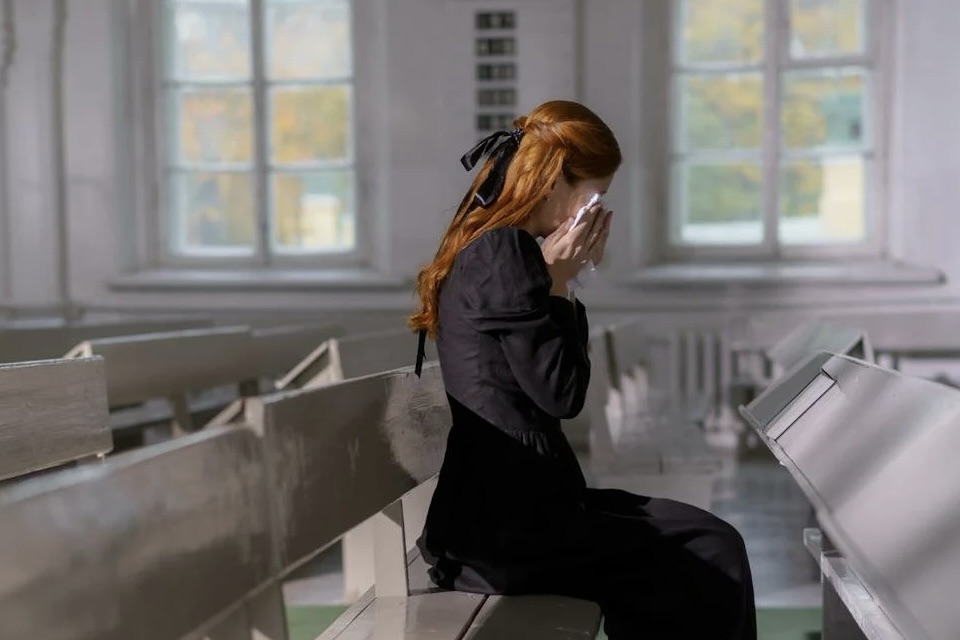


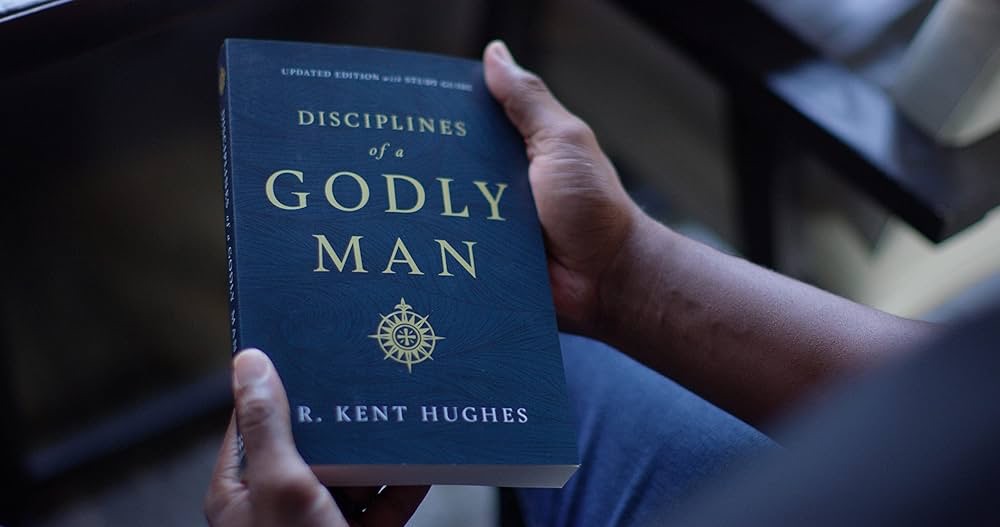
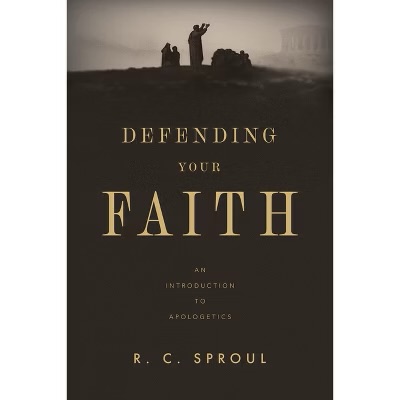
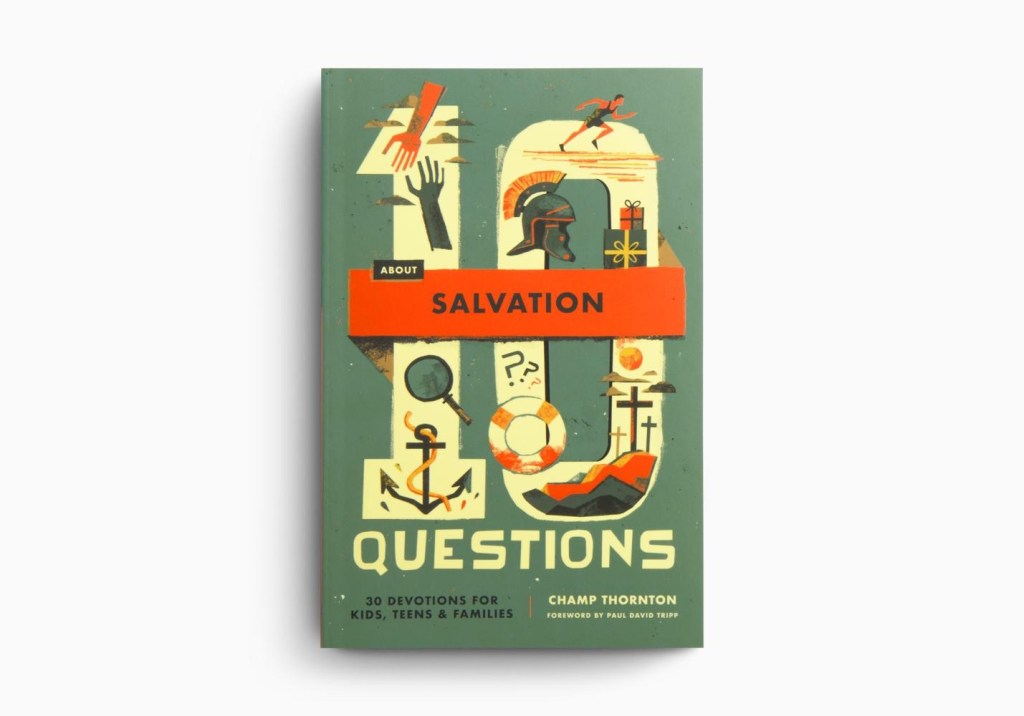
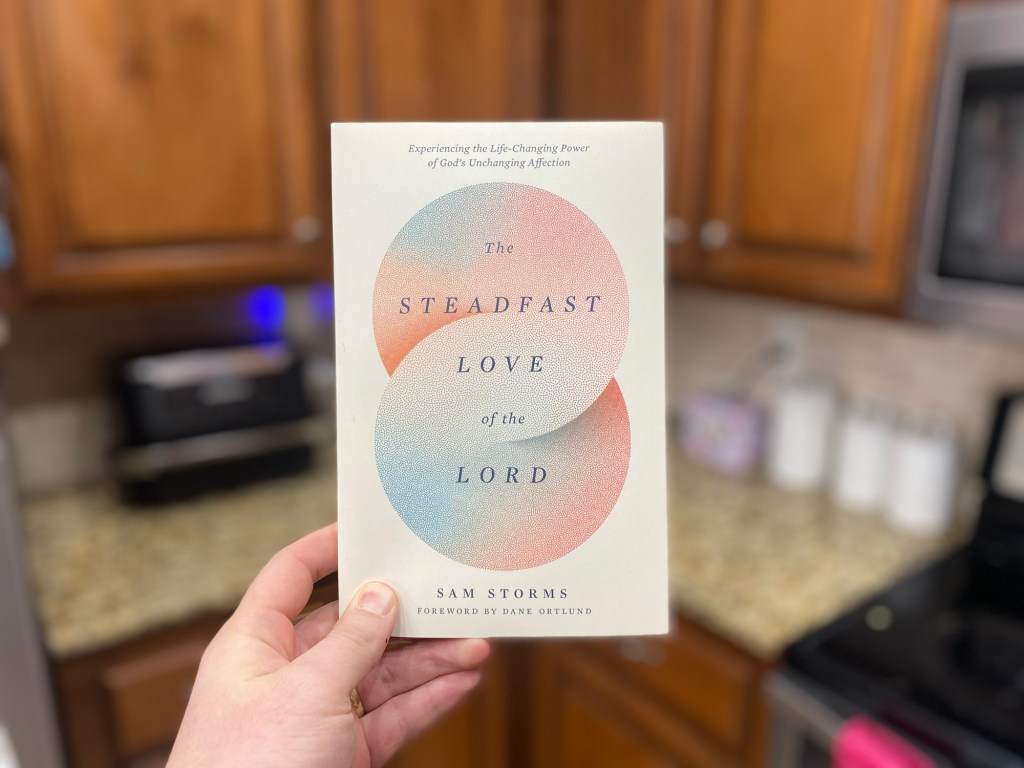


Leave a comment